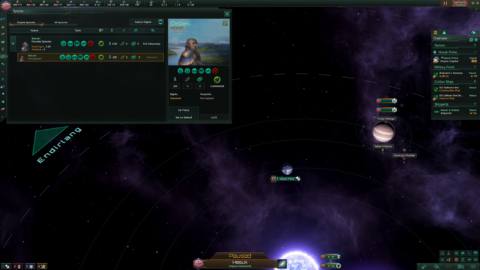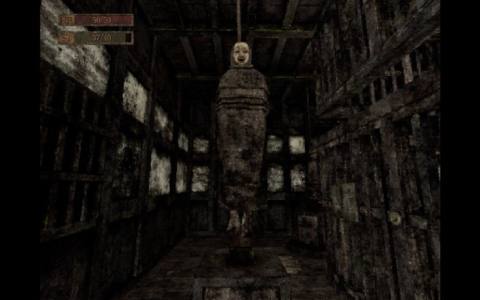When members of artist collective turned game developer Studio ZA/UM thanked Marx and Engels in their 2019 Game Awards acceptance speech for the RPG triumph Disco Elysium, I felt like I was looking at the future, the ecstatic debut of my new favorite developer, but that isn't how things panned out. Disco Elysium has been #1 on our yearly Top 100 games list four years in a row, but for much of that time, ZA/UM has been engulfed in an existential crisis.
Since 2019, A Disco Elysium sequel, a sci-fi RPG in a new setting, and a full-size Elysium spin-off game have been canceled or “paused,” while a heated personal and legal dispute between founding members hangs over ZA/UM's every move. That last canceled game, described as “a spin-off about one of the most beloved characters in Disco Elysium” and spearheaded by one of the first game's principle writers, wowed other teams at the studio in an internal demo at the end of last year. It could have been on our SSDs as early as 2025.
This project was cancelled in February, much to the shock of most ZA/UM employees, and nearly the entire team—including that Disco Elysium writer, Argo Tuulik— was laid off. I spoke with 12 current and former employees, including Tuulik and fellow X7 lead writer Dora Klindžić, to find out what went wrong. Studio ZA/UM itself did not respond to a request for comment in time for publication.
The fall
In late 2021, three of Disco Elysium's most senior developers, including the setting's original creator, Robert Kurvitz, lead artist Aleksander Rostov, and Final Cut lead writer Helen Hindpere, left the company on acrimonious terms. The ousted artists have alleged financial malfeasance on the part of company management, with much of their ire focused on Tõnis Haavel, a producer on Disco Elysium who had previously been convicted of investor fraud in the developers' native Estonia in 2014. ZA/UM studio management, meanwhile, insists that the three were fired for refusing to return to work and creating a hostile environment.
After the departure of Kurvitz and friends was revealed in 2022, fan sentiment largely aligned with the ousted creatives, with a backlash against ZA/UM escalating into harassment and threats against developers still at the studio. That situation cooled down somewhat with the release of People Make Games' 150 minute-long documentary on ZA/UM, which featured interviews with senior developers still at the studio who had worked on Disco Elysium.
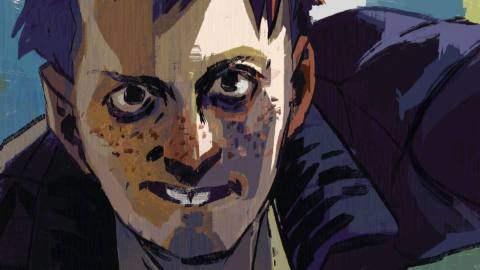
Y12: Cancelled. Full sequel to Disco Elysium, shelved after the departure of Kurvitz, Rostov, and Hindpere.
P1: Cancelled. Sci-fi game headed by Disco Elysium producer and former ZA/UM shareholder Kaur Kender, who sued the studio after his departure. Staff folded into X7 following cancellation.
X7: Cancelled. Disco Elysium spin off/standalone expansion headed by Dora Klindžić and Argo Tuulik.
M0: In development. A smaller-scale Elysium game targeting touchscreen devices.
C4: In development. ZA/UM's primary remaining project, a large-scale RPG that is not part of the Elysium setting.
Disco Elysium writer Argo Tuulik, a longtime friend of setting creator Kurvitz, gave a raw appraisal of the studio and the ousted writer's respective missteps, asking fans to let those still at the studio prove themselves with their work.
Tuulik and his team didn't get that chance: They were laid off from ZA/UM in February alongside nearly a quarter of the studio's staff, predominantly developers on Tuulik's now-canceled project, X7, which would have been a spin-off “standalone expansion” to Disco Elysium featuring some returning characters and an advancement of that game's distinctive conversation and “psychological RPG” systems.
Tuulik and fellow X7 lead writer Dora Klindžić lay the blame for X7's end squarely with management, particularly Tõnis Haavel, while 10 other current and former ZA/UM developers spoke with me under anonymity. They described a confused, rudderless studio that expanded too quickly in the pandemic, struggled to adapt to remote work, and has canceled three projects as the afterglow of its triumphant debut faded in the intervening five years.
“Most hardcore Disco since Disco”
In the absence of a full sequel to Disco Elysium, X7 was going to be a spin-off—smaller than Disco, but still full-scale—headed up by Tuulik, someone who has been part of the Elysium creative project from the start and who wrote some of Disco Elysium's standout characters like the foul-mouthed urchin Cuno and the Hardy Boys, a vigilante militia whose frat boy veneer conceals a strange nobility.
“It was a spin-off about one of the most beloved characters in Disco Elysium,” explained one developer who worked on the project. “I feel like it was the best possible shot at a Disco-like game without [Kurvitz], Rostov, and other people that made the original Disco Elysium.”
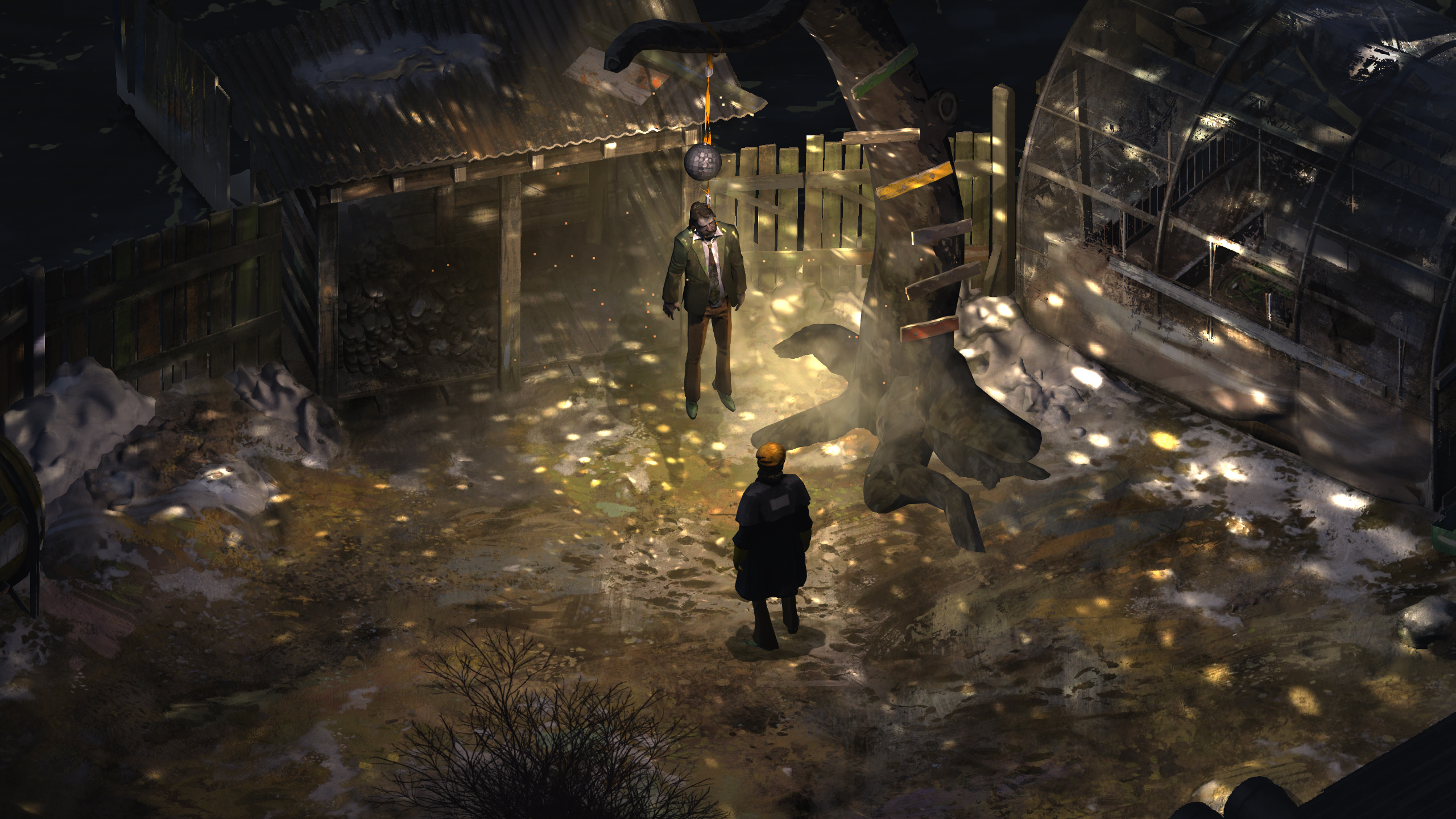
Klindžić said, “It was something no one else but Argo could have done, and it would have been 110% authentic, most hardcore Disco since Disco.” She added that X7 “would have advanced the story, the emotional threads, and gameplay elements all at once to truly evolve the genre of psychological RPG as Disco Elysium started it.
“For a while it seemed like miracles were possible, and with them, redemption.”
The internal response to a company-wide showcase of the game at the end of 2023 seems to have been uniformly positive, with developers on other teams at ZA/UM telling me they were impressed with the demo. “Everyone was looking forward to its development,” one of them said. “Its internal announcement lifted a lot of spirits after a rough time of bad press around the studio.”
They also thought it was “exactly the sort of game [ZA/UM] needs to put out,” and that it could “reassure fans that ZA/UM is not a husk, that the IP is in safe hands and that the studio is full of talented people with a genuine love for the world of Revachol.”
My sources disagree on when X7 could have been ready for release, with some saying a 2024 launch wasn't out of the question, while others argued 2025 was more realistic. Klindžić, for her part, thought that with less interference from management, “it could have perhaps been a three-year development cycle start to finish.” Project X7 began development in 2022.
I left my job as an academic physicist and space mission scientist in order to work on Y12, the sequel to a masterpiece, Disco Elysium.
Dora Klindžić
One thing everyone I spoke to agreed on was that X7 was the closest major project ZA/UM had to release at the time of its cancellation, and that ZA/UM's main project in active development, codenamed C4, is still a long way out. The smaller-scale project M0 seems much closer to completion, but the mobile and tablet-oriented Elysium spin off, while well-received internally, doesn't seem to be the full Disco Elysium successor promised by projects Y12, C4, or X7.
X7 was promising: positively received internally and poised to be a long-awaited second outing from ZA/UM after a five or six-year wait since Disco Elysium. Multiple current and former employees also attest to ZA/UM president Ed Tomaszewski having assured staff in a December 2023 all-hands meeting that the studio was on strong financial footing, and that they did not have to fear the layoff crisis sweeping the industry. Two months later, X7 was cancelled and nearly a quarter of ZA/UM was laid off, primarily impacting the former X7 team.
Interference
Following the departure of Kurvitz, Rostov, and Hindpere, there seems to have been an understandable crisis at the studio. “Executive leadership and management did not provide any information about what was happening,” said one developer who witnessed the transition. “It was very uncomfortable for everyone there.”
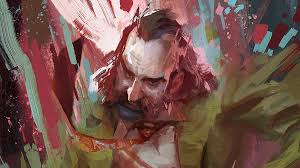
Robert Kurvitz: A primary creator of the Elysium setting, project lead on Disco Elysium.
Kaur Kender: Author and public figure from Estonia, producer/investor in Disco Elysium. His father, a Soviet-era police detective, was reportedly a partial inspiration for Disco protagonist Harry Dubois.
Tõnis Haavel: Producer on Disco Elysium and part of senior management at ZA/UM. Convicted of investor fraud in 2014 in relation to a land deal in Azerbaijan.
Ilmar Kompus: ZA/UM CEO and early investor, head of venture capital firm Koha Capital which he previously co-owned with Haavel.
Margus Linnamäe: Estonian business mogul and major investor in ZA/UM. Pulled out of the company in 2021, with shares sold to Ilmar Kompus—the ousted developers allege this was done by Kompus and Haavel with money illegally taken from ZA/UM.
Edward Tomaszewski: ZA/UM president, former executive at Take-Two and Private Division. Joined in November 2022.
Work on a full Disco Elysium sequel codenamed Y12 was eventually halted. My sources described flagging morale and a lack of direction after Kurvitz, Rostov, and Hindperre's departure leading to a decision to regroup on new projects.
Multiple sources describe the cancellation of Y12 as having caused friction between Tuulik, Klindžić, and management, with one stating that Y12 was cancelled without input from the senior writers, and that it looked like they were being “pushed out.”
“In February 2022, I left my job as an academic physicist and space mission scientist in order to work on Y12, the sequel to a masterpiece, Disco Elysium,” Klindžić said of this time. “Upon my arrival, I was told all the leads were gone and replaced, but this was framed as a good thing, a healthy thing. Four months later the project was shelved overnight. I began raising concerns, as I felt I had just abandoned my entire life and career only to end up in a studio where the people I had come to work with were fired, and the project I was meant to work on shelved with no reason given.”
Tuulik and Klindžić were subsequently offered their own project, but under highly irregular constraints.
“In August 2022, after production on the sequel was stopped, management approached Argo and I to come up with a pitch for a standalone expansion under the Disco Elysium label,” said Klindžić. “We were given only around a week to come up with a fully-fledged game pitch, and we worked around the clock to come up with a new story, new characters, new gameplay mechanics, and a new creative direction, including an initial vision for design, art, and audio. We presented the pitch to management, it was a resounding success. It was greenlit and codenamed X7, and its initial production schedule was set for one year.”
Tuulik, Klindžić, and everyone I spoke to who worked on X7 attest to it not having been allowed a pre-production period, the industry standard planning phase of developing a game. Making a game without pre-production is analogous to writing an essay without an outline, or building a house without blueprints.
“We were set up to fail from the start and it was impossible to catch up,” said Klindžić. “Whenever we raised concerns about this and expressed we needed more writers if the deadlines were to be met, we were accused of not wanting to do our jobs.”
I don’t know if Dora and Argo ever felt in control
Anonymous
“Pretty much from the moment the writing team's pitch was approved in August of 2022, the other teams started production,” Tuulik said. “We didn't even really know what the story or the characters were gonna be, when art teams were already making first character and environment concepts. I'm sure you can see how this is a big problem, when you're making a narrative-lead game.
“Essentially, the writing team had to work double-time from day one to supply other disciplines with work, whilst trying to write the first dialogues and sketch out the rest of the game at the same time. The writing team consisted of myself and Dora at the time.”
A “be careful what you wish for” moment came for X7 with the cancellation of P1, a sci-fi RPG in development under Disco Elysium producer Kaur Kender, who after leaving the company sued ZA/UM with allegations similar to those from Kurvitz, Rostov, and Hindpere before dropping his lawsuit at the end of 2022. While the P1 writers added more hands to the project, X7's breakneck pace and lack of planning in pre-production led to Tuulik and Klindžić struggling to bring the new writers up to speed while still building the narrative of the game.
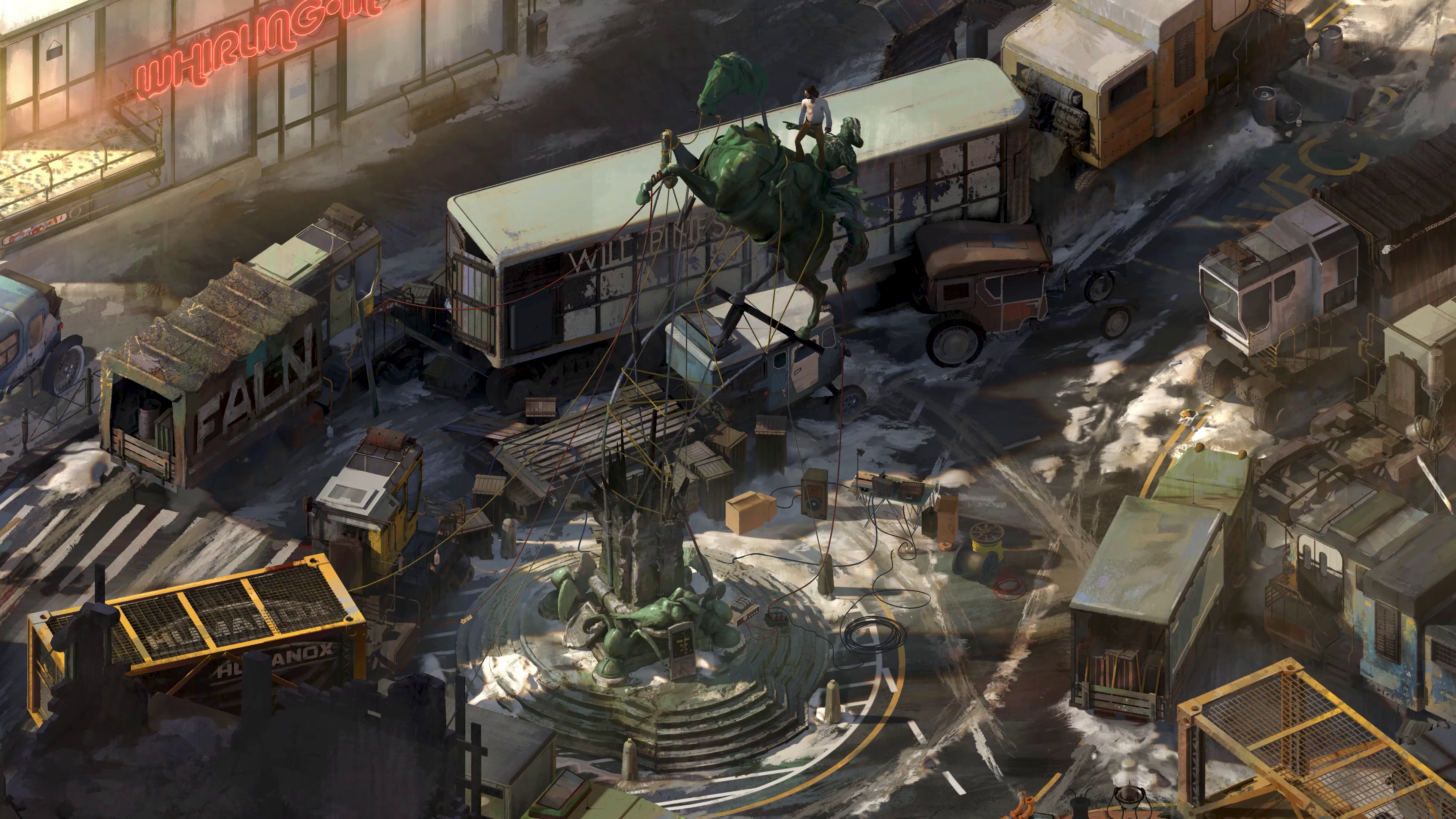
One thing that may have fundamentally doomed X7 was an issue of hierarchy: even though Klindžić and Tuulik pitched the project and effectively led development at the beginning, neither was formally designated X7's project lead. “I don't know if Dora and Argo ever felt in control,” observed one ZA/UM employee. “You can't back people into corners and expect them to behave.”
“I didn't ask for a title, because titles used to be meaningless back then,” said Tuulik, noting that previously for ZA/UM, “writers who started projects had also been effectively leading them.
“That's how it had been, and was at the time on other projects. That's how it was on X7 in the first four months, the most productive months.”
“The work we were required to do throughout 2022 and 2023 was analogous to the work of other directors in the studio, but we were not given a title upgrade nor a wage adjustment to match,” Klindžić said. “It resulted in a situation where I performed labor well outside my original role for the studio for over a year without being properly compensated or recognized for it.”
That lack of specified roles seems to have quickly become a problem. Tuulik, Klindžić, and other members of X7 say there was fruitful collaboration between departments and good progress in the early months of development, despite the extreme workload taken on by the two-person writing team, and everyone I spoke to, both on the X7 team and outside, praised Tuulik and Klindžić as thoughtful, professional collaborators.
They put Argo through a humiliation campaign.
Dora Klindžić
Klindžić and Tuulik described having been increasingly sidelined by management and unable to directly communicate with the X7 team—ZA/UM had become fully remote, with most communication occurring through a company Slack—while management introduced a new project coordinator/creative director the two had to go through instead of directly communicating with their colleagues. The two characterized much of this interference as coming from Tõnis Haavel, the Disco Elysium producer at the center of the company's dispute with Kurvitz, Rostov, and Hindpere. Indeed, according to Tuulik, toward the end of the project Haavel was officially the project's coordinator/director and “interim narrative lead.”
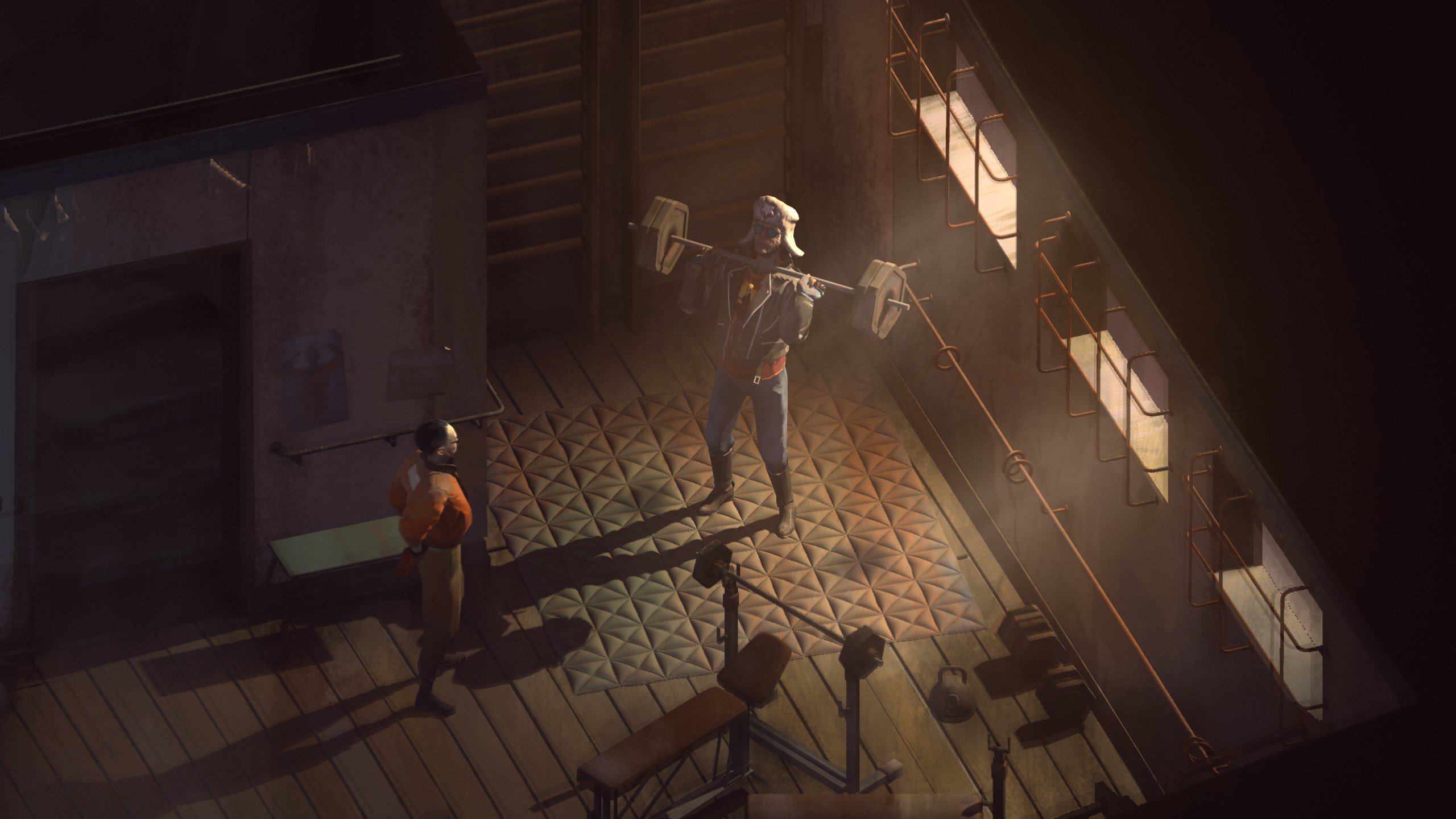
“Nobody says that things are going to change,” recalled one member of the X7 team, “But suddenly you have no more meetings with writers for some reason and you're not allowed to send them your work for feedback.” Another ZA/UM employee who was not part of the X7 team told me that “in internal docs there was a lot of shifting around who was responsible for leading the project.”
Klindžić characterizes this as a form of retaliation for Tuulik's statements in the People Make Games documentary: while the developer made a case for those still working at ZA/UM, he also criticized some of the studio management's decisions and expressed some admiration and understanding for Kurvitz. “I felt that a strong resentment developed towards Argo for growing too big for his shoes, so to speak,” Klindžić said. “I got the sense that there was resentment for the fact Argo was getting so much support from fans, while [ZA/UM CEO Ilmar Kompus], Tõnis, and the company weren't.
“They put Argo through a humiliation campaign. They made him apologize to people for what he said in the interview. They undermined his confidence and tried to make him doubt himself. They told him he was incompetent, unqualified, and unfit to lead his own project, demoted him and made him invisible inside the studio.”
A one-game studio?
X7's direction as laid out by management seems to have been incredibly fluid, with shifting targets including a 2022 Game Awards teaser to announce the game that was ultimately scrapped. Despite producing the well-received internal demo at the end of 2023, the X7 team has been laid off and the project cancelled.
Employees still at the company expressed confusion and frustration over the decision, especially considering president Tomaszewski's remarks regarding layoffs in 2023. One common sentiment among those I talked to was that it was just hard to tell if there was a problem on another project or even in a different department on the same project, such is the extent to which ZA/UM's employees are isolated from each other in its remote work environment.
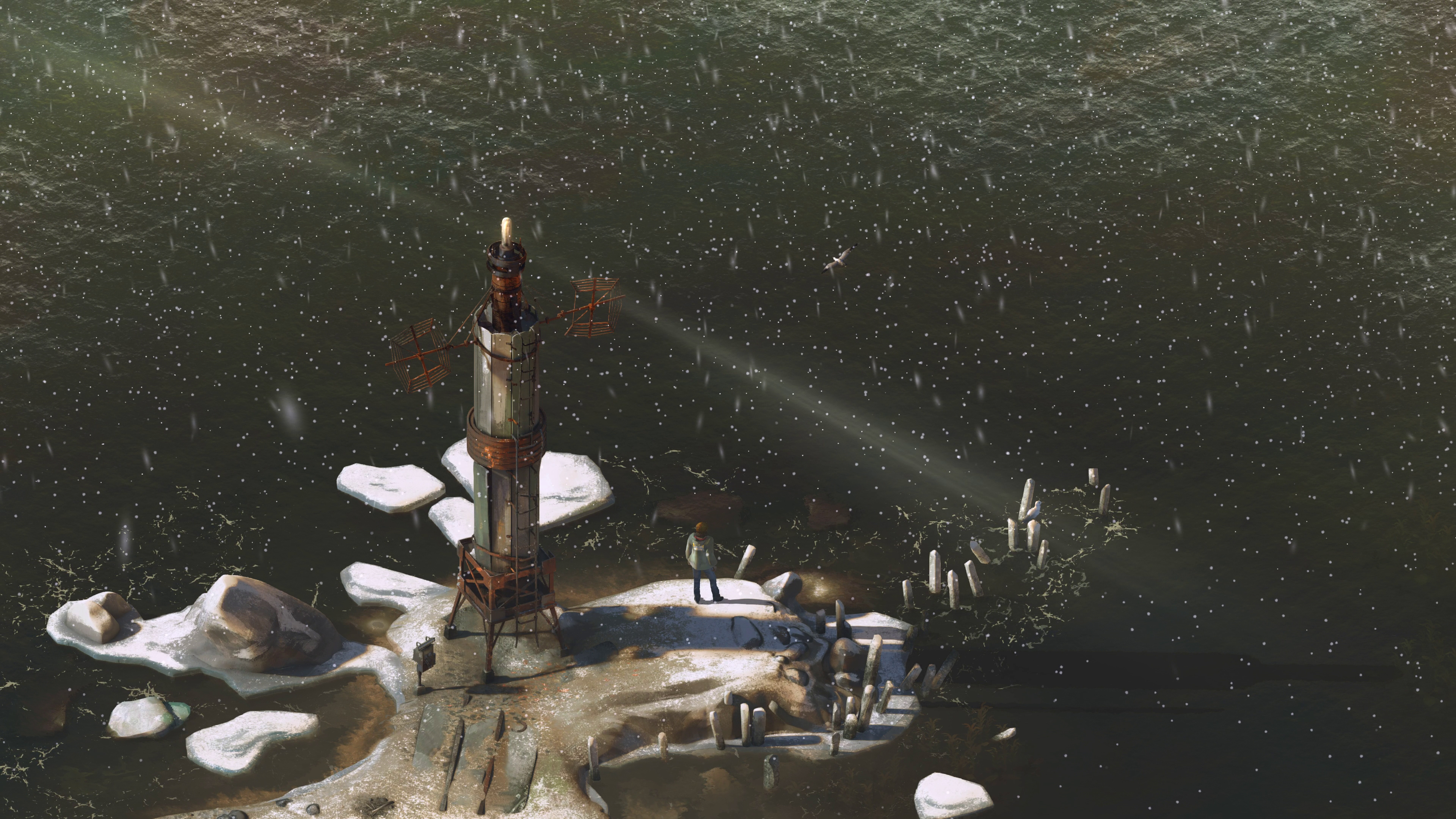
ZA/UM expanded from 30 to 100 employees following the release of Disco Elysium, the sort of expansion that can drastically change the character of a company, and one that demands a commensurate increase in output to keep up with the costs. Five years later, the studio has canceled its major project that was closest to launch. It's unclear how much runway the studio has for an intensive, multi-year development cycle like the one demanded by project C4 without substantial new revenue coming in, while the legal battle with Kurvitz, Rostov, and Hindpere continues to haunt its every move.
And we'll never get to play X7, a follow-up to Disco Elysium masterminded by one of its principle writers, produced by a team that hit a major milestone and impressed its peers despite what they describe as a scrambled and untenable working environment. The livelihood of that team has been completely upended, and some developers' immigration statuses have been imperiled by their layoffs.
The developers I spoke to share the same sense of disappointment I do, that the idea of ZA/UM as a different kind of game developer, one driven by artistry and capable of pushing the medium forward with more games like Disco Elysium, was never meant to be. “For a supposedly 'leftist' company, this is a real mask-off moment,” one current employee told me. Another mused that “We're not the first studio to go through that, it just feels worse when it's ZA/UM.”
There's a quote from Disco Elysium itself that springs to mind here, one about capital taking off its mask of humanity to kill everything you love, but it feels a little on the nose.
“The entire X7 team loved the Elysium world,” Klindžić told me in our last interview. “As fan artists, musicians, iconic voices, we only wanted to keep it going, rather than leave it to wither in some dark decrepit cellar of corporate intellectual property.”


